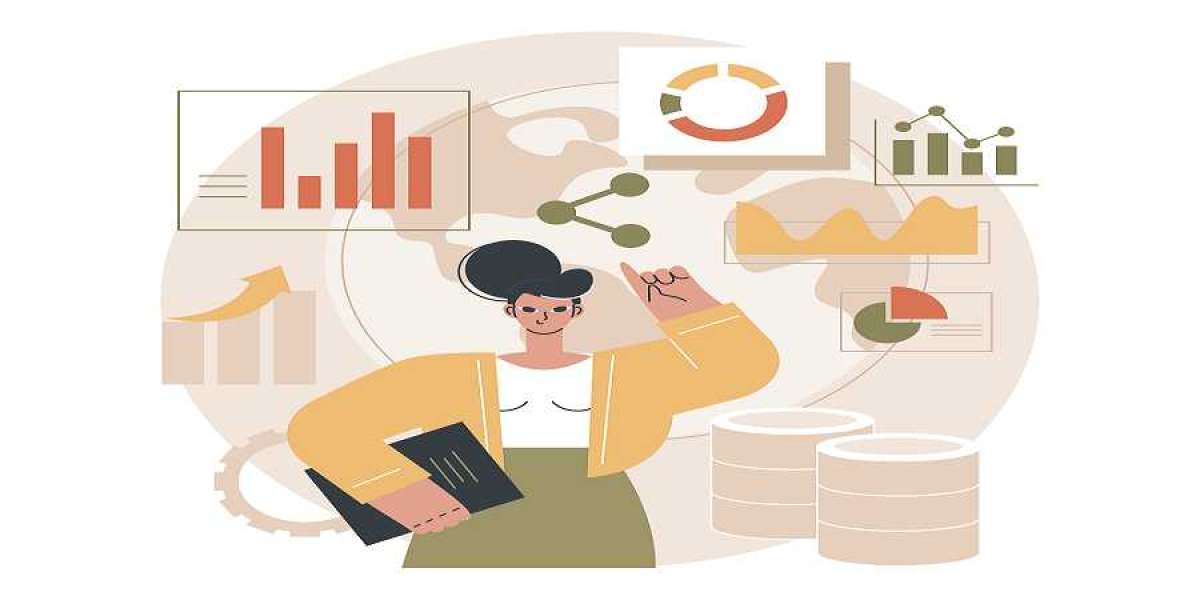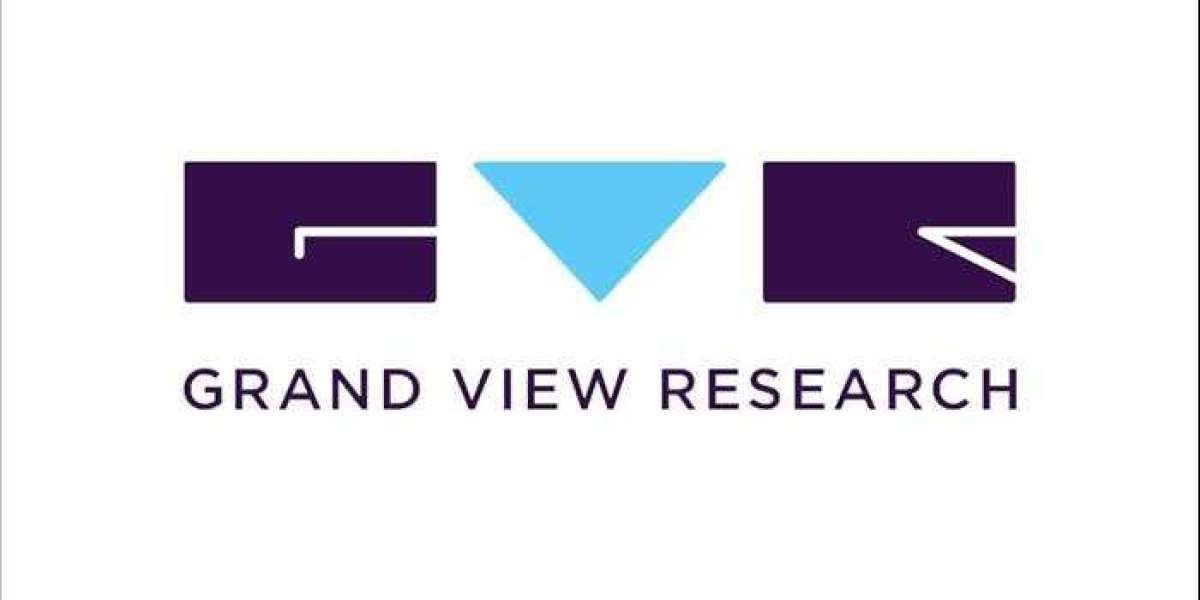An important part of the world economy is played by the commodity markets. Commodity prices, including those for wheat, oil, sugar, soybeans, and cocoa, are affected by several variables, including supply and demand, geopolitical, climatic conditions, and more. Commodity price forecasting can be a difficult endeavor. Yet, thanks to developments in data analytics and technology, market participants may now make more educated trading and investment decisions. One such platform, Pricevision helps traders foresee and make informed decisions by offering data-driven insights for commodities markets.
In order to produce reliable predictions about the future prices of commodities, Pricevision.ai employs a range of sophisticated commodity price forecasting methods, including statistical modeling, machine learning algorithms, and other data-driven techniques.
Recently, ai technology has been used for a variety of supply chain applications, from supplier risk management to commodity price forecasting analysis. A similar process is presently used to forecast commodity prices.
In the right situation, this can provide crucial insights. To improve forecast accuracy and hasten decision-making in close to real-time, AI enables us to study larger, more complicated sets of data over a longer period. Commodity buyers are lagging while traders and producers are spending heavily on this technology.
The technical justification for using AI for commodity Price forecasting
The artificial intelligence (AI) field is rapidly expanding because of the enormous amount of research being done in this area. Major AI research initiatives are funded by the biggest corporations, organizations, academic institutions, and governments in the world.
To create models that predict commodity prices with the least amount of human input, organized and unstructured data are often broken down methodically using language processing machine learning.
As a result, information that would not often be readily apparent to anyone may be prominently displayed, enabling producers to plan their output, traders to predict prices, and purchasers to make more strategic purchasing decisions.
NLP technology has benefits for users, such as reducing the need for manual processes. It reduces the possibility of human error by capturing the data that a user would typically enter a transactional capture system. By compiling user-made contractual commitments throughout the day and preserving them as a form of proof for compliance requirements, this program also lowers operational risk.
Nevertheless, machine learning also includes algorithms that can be trained over time to think and act like people to improve predictions. With a "supervised learning" approach, experts who trained the models may ensure that they're constantly developing when these techniques are exposed to fresh sources.
How Pricevision’s approach to forecasting works for some of the major commodities
Wheat
A crucial staple crop, wheat ranks among the most extensively used grains in the world. Weather, production rates, and consumption habits are just a few of the variables that affect wheat prices. To anticipate the cost of wheat based on these variables, Pricevision’s platform uses a combination of data analysis and algorithms based on machine learning.
It also studies news stories and market trends to quickly modify its prediction for wheat prices. For instance, the platform can immediately alter its projection to take into consideration the possible effect on sales should there be a drought in a significant region that produces wheat.
Oil
One of the most widely traded commodities on the world market, oil is influenced by a variety of factors, including geopolitical events, supply levels, and different sales. The platform Pricevision.ai forecasts the price of oil depending on these variables using commodity price forecasting models algorithms for machine learning.
To produce more accurate predictions about the price of crude oil, that help in crude oil procurement. Pricevision.ai also makes use of artificial intelligence to monitor market sentiment and news events. As a result, the platform is better able to anticipate market shifts that can affect oil prices.
Sugar
The price of sugar, a commodity utilized extensively in the industry of food and beverages, is affected by some variables, including production levels, worldwide weather systems, and geopolitical issues. Based on these inputs, Pricevision's platform forecasts the price of sugar using the statistical package and machine learning algorithms.
To modify its prediction for sugar prices, the platform also examines news stories about the market for sugar, such as legislative changes or fluctuations in demand from significant customers. This enables investors as well as traders to anticipate market shifts that might impact the cost of sugar.
Soybean
A crop called soybean is used for food, animal feed, and biofuels, among other things. Weather patterns, production levels, supply and demand, and others all have an impact on soybean prices. The platform Pricevision uses machine learning and statistical analysis to predict the price of soybeans based on these data.
To modify its forecast for soybeans prices, Pricevision.ai also employs big data and machine intelligence to examine news stories about the soybean industry, such as modifications to governmental regulations or delays in shipping. This makes it easier for traders and investors to anticipate market developments that might affect soybeans price.
Cocoa
The price of cocoa, a commodity used extensively in the chocolate business, is affected by several variables, including weather patterns, production rates, and different sales. AI platform forecasts the price of cocoa depending on these inputs by using the statistical package and machine learning techniques.
To modify its prediction for cocoa prices, Pricevision also studies news stories about the market for cocoa, such as legislative changes or fluctuations in demand from significant buyers.
Conclusion
It is a difficult procedure that calls for a thorough knowledge of market fundamentals and the capacity to examine a wide variety of data inputs to forecast the commodity prices like wheat and oil. Market participants can use data-driven insights from platforms like Pricevision.ai to assist them to make better trading and investing decisions.
Pricevision.ai is a leading platform for commodity price forecasting methods, utilizing sophisticated statistical analysis, machine learning algorithms, and other data-driven techniques to provide accurate insights into the future prices of various commodities.
Pricevision’s platform can forecast the cost of goods like wheat and oil more precisely by utilizing sophisticated statistical analysis, algorithms for machine learning, and big data. This improves outcomes for everybody involved in the commodities markets by enabling investors as well as traders to keep up with market trends make more educated choices.








